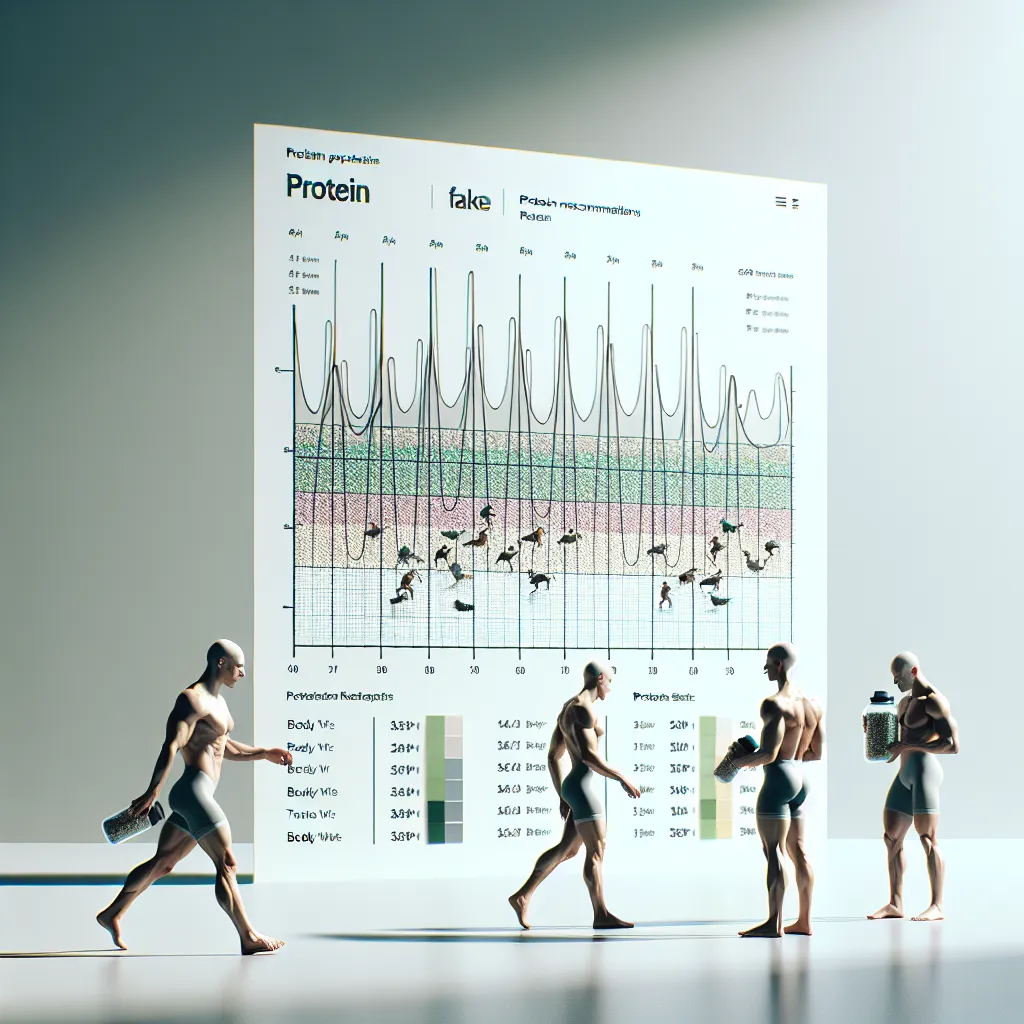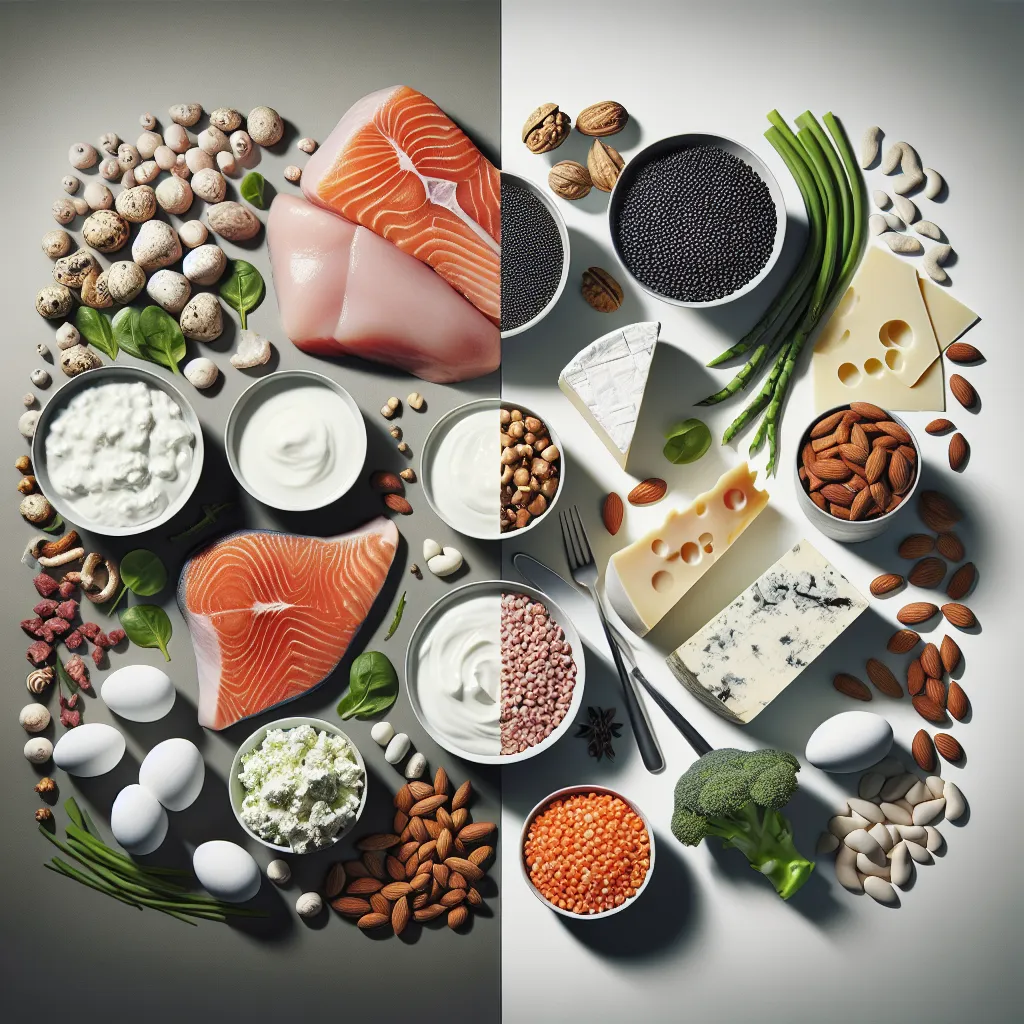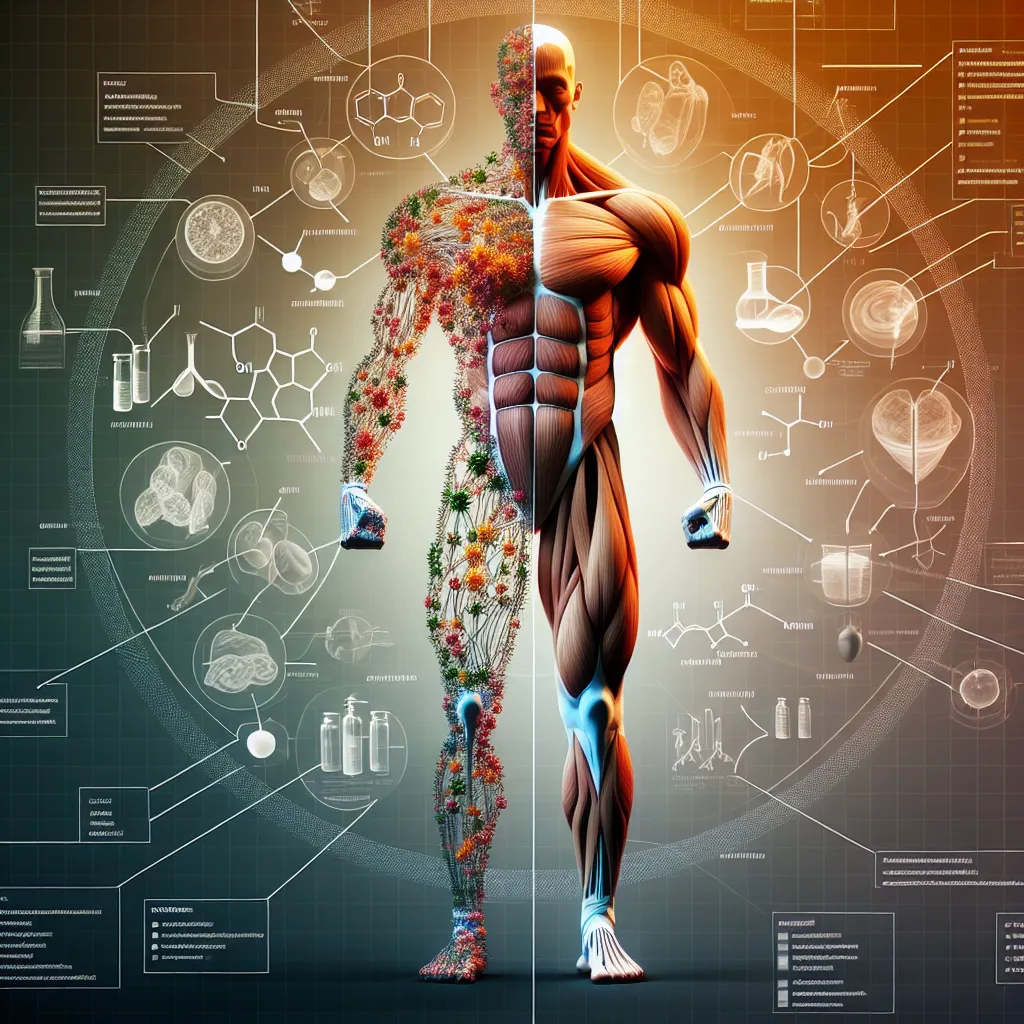Protein Intake for Cyclists: Optimizing Training and Performance
An in-depth guide on the role of protein in cycling nutrition, focusing on its impact on training adaptations, recovery, and overall performance.

Introduction to Protein in Cycling Nutrition
Protein plays a pivotal role in the diet of cyclists, contributing to muscle repair, adaptation, and overall performance enhancement. Understanding the significance of protein and how to effectively incorporate it into a cycling nutrition plan is essential for athletes aiming to optimize their training outcomes.

Cyclist Enjoying a Protein-Rich Meal
Understanding Protein Requirements for Cyclists
The protein needs of cyclists vary based on factors such as training intensity, duration, and individual body composition. General guidelines suggest that endurance athletes, including cyclists, should consume between 1.2 to 2.2 grams of protein per kilogram of body weight daily. For instance, a 70 kg cyclist would require approximately 84 to 154 grams of protein each day.

Protein Intake Recommendations Chart
Timing Protein Intake for Optimal Performance
Distributing protein intake evenly throughout the day enhances muscle protein synthesis. Consuming protein every three to four hours, particularly after training sessions, is recommended. Post-exercise, a protein intake of about 0.5 grams per kilogram of body weight can aid recovery. For a 60 kg cyclist, this equates to 30 grams of protein.

Protein Timing Schedule
High-Quality Protein Sources for Cyclists
Incorporating a variety of protein sources ensures the intake of all essential amino acids. Animal-based proteins like lean meats, poultry, fish, eggs, and dairy are complete proteins. Plant-based options such as soy, quinoa, and chia seeds also provide complete proteins. Combining complementary plant-based proteins, like rice and beans, can meet protein needs effectively.

High-Quality Protein Sources
Protein's Role in Recovery and Muscle Adaptation
Post-training protein consumption is crucial for muscle repair and adaptation. Studies indicate that ingesting protein after exhaustive cycling sessions enhances recovery and subsequent performance. For example, cyclists consuming protein with carbohydrates post-exercise showed improved power output and faster time trial performances compared to those consuming carbohydrates alone.

Muscle Recovery Process
Balancing Protein with Other Macronutrients
While protein is vital, balancing it with carbohydrates and fats is essential for overall performance. Carbohydrates serve as the primary energy source during cycling, and fats contribute to long-term energy and hormone balance. A well-rounded diet supports both immediate performance and long-term health.

Macronutrient Balance Pie Chart
Practical Strategies for Meeting Protein Needs
Cyclists can meet their protein requirements through whole foods and, if necessary, supplements. Starting the day with a high-protein breakfast, incorporating protein-rich snacks, and including a source of protein in every meal are effective strategies. Options like Greek yogurt, eggs, nuts, and legumes can help achieve daily protein targets.

Protein-Rich Meal Examples
Monitoring and Adjusting Protein Intake
Regular assessment of dietary intake and training demands allows for adjustments in protein consumption. Factors such as changes in training intensity, goals (e.g., muscle gain or fat loss), and individual responses should guide protein intake modifications to support optimal performance and recovery.

Tracking Protein Intake
Conclusion and Recommendations
Adequate protein intake is fundamental for cyclists aiming to enhance training adaptations and performance. By understanding individual protein needs, timing intake appropriately, selecting high-quality sources, and balancing macronutrients, cyclists can optimize their nutrition strategies. Consulting with a sports nutritionist can provide personalized guidance tailored to specific training regimens and goals.

Cyclist Consulting with Nutritionist








